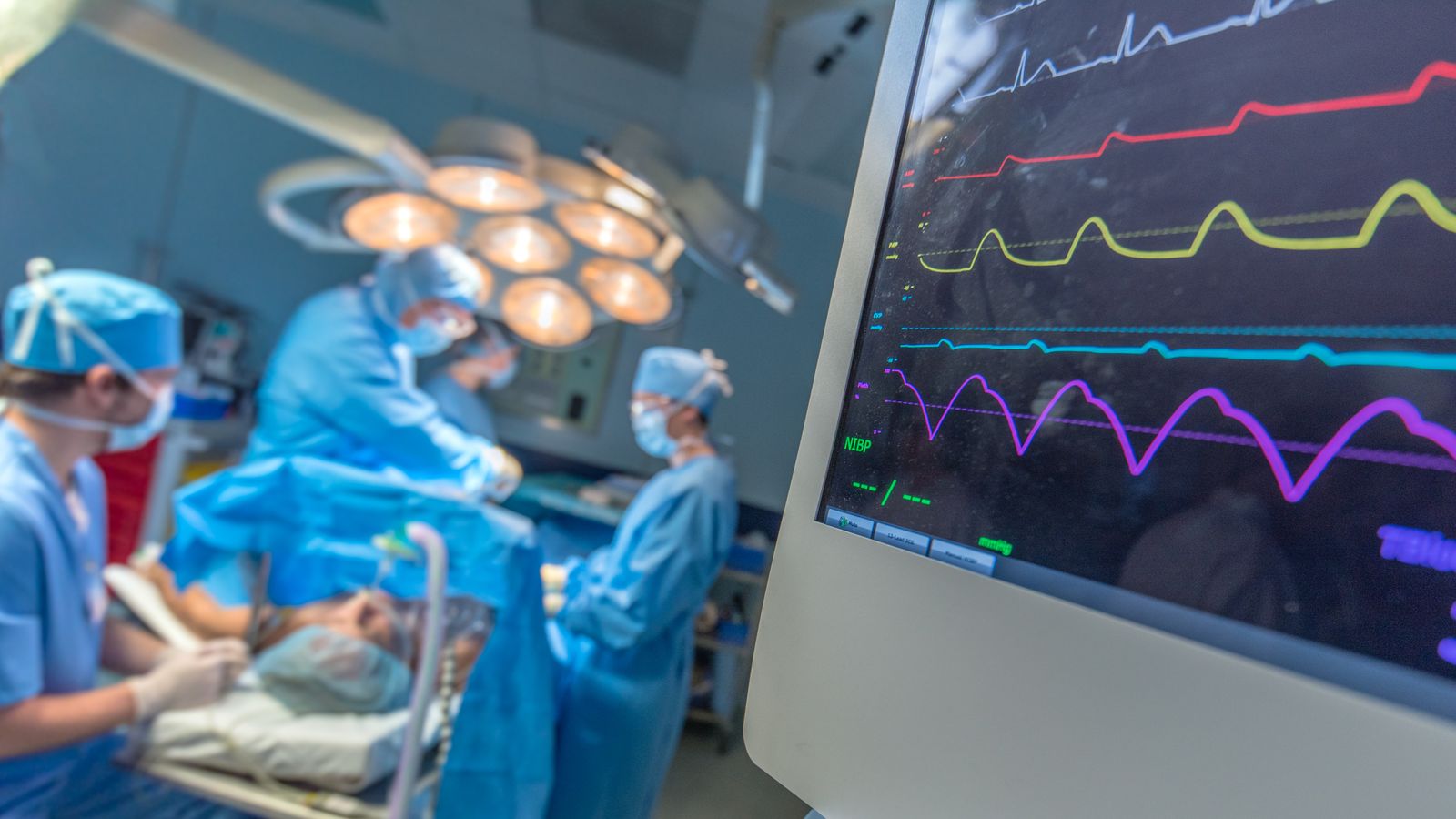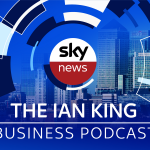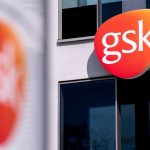While the National Health Service has been garlanded for its performance during the pandemic, the role of Britain’s private healthcare providers in fighting the spread of COVID-19 has been rather overlooked, somewhat unfairly.
Private healthcare providers agreed, early during the pandemic, to make their facilities available to the NHS to ensure that the state-owned provider was not completely overwhelmed during the crisis.
More or less the entire capacity of the private healthcare sector was made available to the NHS.
It meant that a lot of work that might normally be done under the auspices of the NHS, including cancer and cardiac treatment, was carried out in private hospitals.
Much was made about the cost of this arrangement, which was put at £400m a month during the early months of the pandemic, although the Independent Hospital Provider Network, which represents private healthcare providers, has insisted any profits made under the terms of the agreement were returned.
The arrangement, however, deprived the private operators of space in which to carry out their regular work.
Private elective surgery almost completely stopped by April last year.
That was also partly because the NHS consultants who work for the private sector in their spare time were so busy that they were unable to do private work.
Accordingly, the private operators paid a heavy financial price.
Spire Healthcare, one of the UK’s biggest private operators, reported a full-year pre-tax loss of £18.5m for 2020, stripping out exceptional items, compared with a pre-tax profit of £12.8m in 2019.
That left it vulnerable to a potential takeover and, sure enough, that has come to pass.
Spire, which operates 39 hospitals and eight clinics across England, Wales and Scotland and which employs 14,200 people, today agreed to a £1bn takeover by Ramsay Healthcare of Australia, itself a major private healthcare provider in the UK, operating 37 facilities and employing more than 7,000 people.
It is just the latest in a number of mid-cap quoted UK companies to have agreed to a takeover in recent months, following the likes of John Laing, Aggreko, Signature Aviation and St Modwen Properties.
News of the deal came on the same day that Vectura Group, a specialist in inhaled medicines, agreed to a £958m takeover by the private equity giant Carlyle Group.
The timing and pricing of the deal – which, as Sky’s Mark Kleinman has reported, has not gone down well with some shareholders in Spire – looks opportunistic.
At just under 11 times Spire’s 2019 earnings before interest, taxation, depreciation and amortisation (recognising 2020 earnings were depressed by the pandemic), the offer is not an overly generous one.
Only three weeks ago, analysts at the independent investment bank Peel Hunt set a target of 233p for the shares – not far below the price agreed with Ramsay.
Analysts Miles Dixon, Anchal Verma and Amy Walker spelled out to clients the reasons for their bullishness thus: “NHS waiting lists are unprecedented and any spare hospital capacity is in high demand.
“Additionally, we expect these waiting lists to materially drive self-pay and increase the value of PMI [private medical insurance] policies to individuals.”
Arguing that the company was well placed to confound market expectations in coming years, they concluded: “Spire is a good way to play the UK recovery.”
There seems little doubt that prospects for the UK private healthcare sector are good.
During the last year, there has been plenty of evidence pointing to an increasing number of people shelling out to bypass NHS waiting lists, with another major private operator, HCA Healthcare, reporting in last October that year-on-year demand for self-pay procedures in areas such as hip surgery and cataracts had doubled.
Justin Ash, Spire’s chief executive, told analysts at the time of its full year results in March that he believed there was strong pent-up demand for private healthcare services as a result of the pandemic and said he was “cautiously optimistic of an overall return to 2019 trading in 2021”.
All of that value now looks like heading to Ramsay, which was founded in 1964 by the Australian entrepreneur Paul Ramsay, whose first involvement in UK business came when, in 1986, he acquired major stakes in a number of leading commercial radio stations including Capital Radio, Chiltern Radio and Essex Radio.
Ramsay Healthcare came to the UK when, in September 2007, it snapped up Capio, which at the time operated 22 private hospitals, for £193m.
It will become the biggest private healthcare operator in the UK following the takeover of Spire, leapfrogging BMI, which at the end of 2019 merged with Circle Health.
That may well mean an intervention from the Competition and Markets Authority, which looked closely at the Circle-BMI deal before waving it through in June last year, after accepting an undertaking from Circle to sell two of its hospitals.
Spire’s biggest shareholder, Mediclinic, is fully supportive of the deal.
So the CMA may represent the best hope for Spire’s unhappy shareholders of preventing it.






















